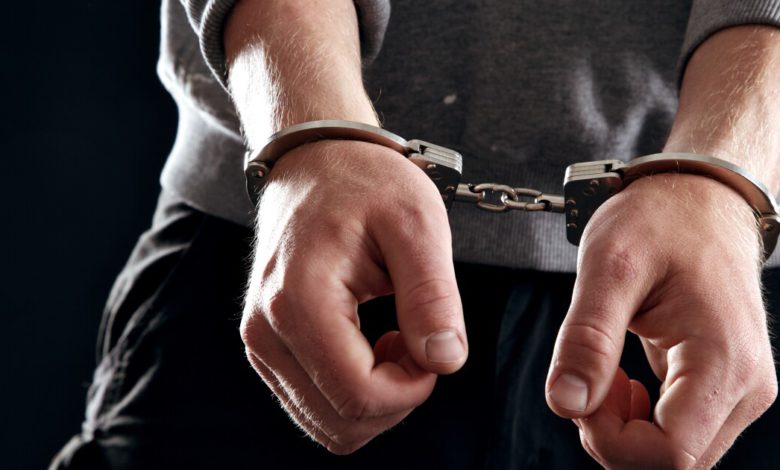
Illinois is supposed to be the newest state to eliminate cash bail in the new year. A law thought to go into effect January 1 that would get rid of cash bail statewide has been put in limbo amid a court challenge. The focus on bail reform comes from disparities discovered by studying bail over the past few decades.
The U.S. Commission on Civil Rights, which is a bipartisan agency, put out a report this year. It cites a study comparing men with the same charges and criminal backgrounds.
It found Black men receive 35% higher bail amounts than white men, and Latino men receive bail amounts 19% higher than white men.
The higher the amount, the less likely someone can pay. And they end up waiting for their trial behind bars.
“There's been no determination of guilt when the bail amount is set, so to state implicitly that someone who has more money or more wealth is more deserving of their freedom than someone who just can't afford to pay this amount is highly unfair,” said Stephanie Wylie, counsel in the Brennan Center's Justice Program.
The commission on civil rights study found as many as 74 percent of people in jails right now are awaiting trial.
Wylie said the effects of that are far-reaching.
”Being detained in jail can lead to some chronic illnesses,” Wylie said. "It can lead to psychological trauma. It can lead to loss of employment, you know, from being able to attend work. It can also affect the access to housing.”
Some other states that implemented bail reform, like New York and Alaska, have since rolled it back, citing an increase in crime.








